MS-LS1-4
Use argument based on empirical evidence and scientific reasoning to support an explanation for how characteristic animal behaviors and specialized plant structures affect the probability of successful reproduction of animals and plants respectively.
-
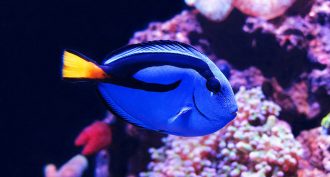 Animals
AnimalsCatching ‘Dory’ fish can poison entire coral reef ecosystems
More than half of saltwater-aquarium fish sold in the United States may have been caught in the wild using cyanide, new data show.
-
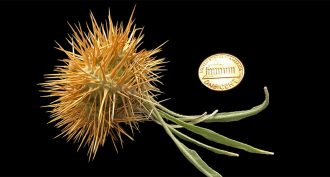 Plants
PlantsNew species of terrifying tomato appears to bleed
A new species of Australian bush tomato bleeds when injured and turns bony in old age.
-
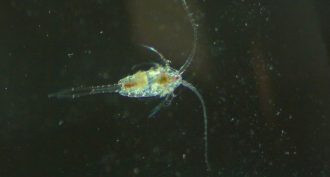 Animals
AnimalsEating toxic algae makes plankton speedy swimmers
After slurping up harmful algae, copepods swim fast and straight — making them easy prey for hungry predators.
-
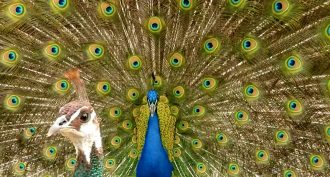 Animals
AnimalsMale peacocks twerk it to bring in the hens
Scientists recorded peacocks with high-speed video cameras to learn the basic mechanics behind the shows they put on for peahens.
-
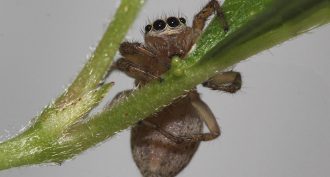 Animals
AnimalsSpiders eat insects — and sometimes veggies
Plant-eating spiders have been found on every continent except Antarctica, a new study notes.
-
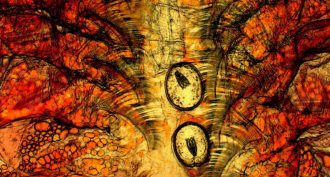 Animals
AnimalsParasites give brine shrimp super powers
When infected with parasitic worms, brine shrimp survive better in waters laced with toxic arsenic, a new study finds.
-
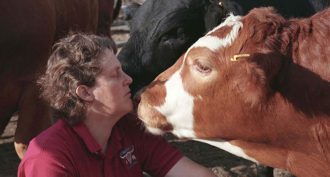 Animals
AnimalsProfile: A human touch for animals
Temple Grandin uses her own autism to understand how animals think. The animal scientist is famous for fostering the humane treatment of livestock.
-
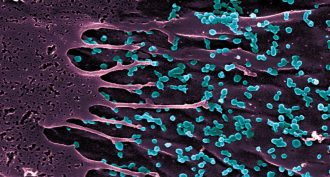 Health & Medicine
Health & MedicineChikungunya wings its way north — on mosquitoes
A mosquito-borne virus once found only in the tropics has adapted to survive in mosquitoes in cooler places, such as Europe and North America.
By Nathan Seppa -
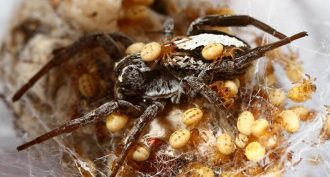 Animals
AnimalsWhat’s for dinner? Mom.
Female spiders of one species make the ultimate sacrifice when raising their young: The mothers feed themselves to their children.
By Susan Milius -
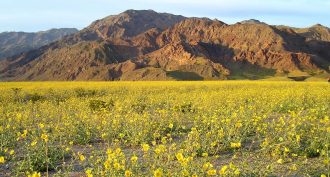 Plants
PlantsDesert plants: The ultimate survivors
Creosote, mesquite and other desert plants rely on different adaptations to thrive, even when no rain falls for an entire year.
-
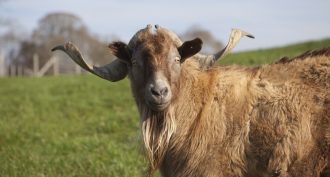 Agriculture
AgricultureLivestock: A need to save rare breeds
New studies and ongoing work highlight why society should save rare livestock breeds — and the part that technology can play.
-
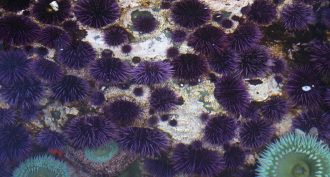 Life
LifeCaught in the act
Scientists observe some evolutionary speed demons as they adapt over the course of just a few years to new environmental conditions.